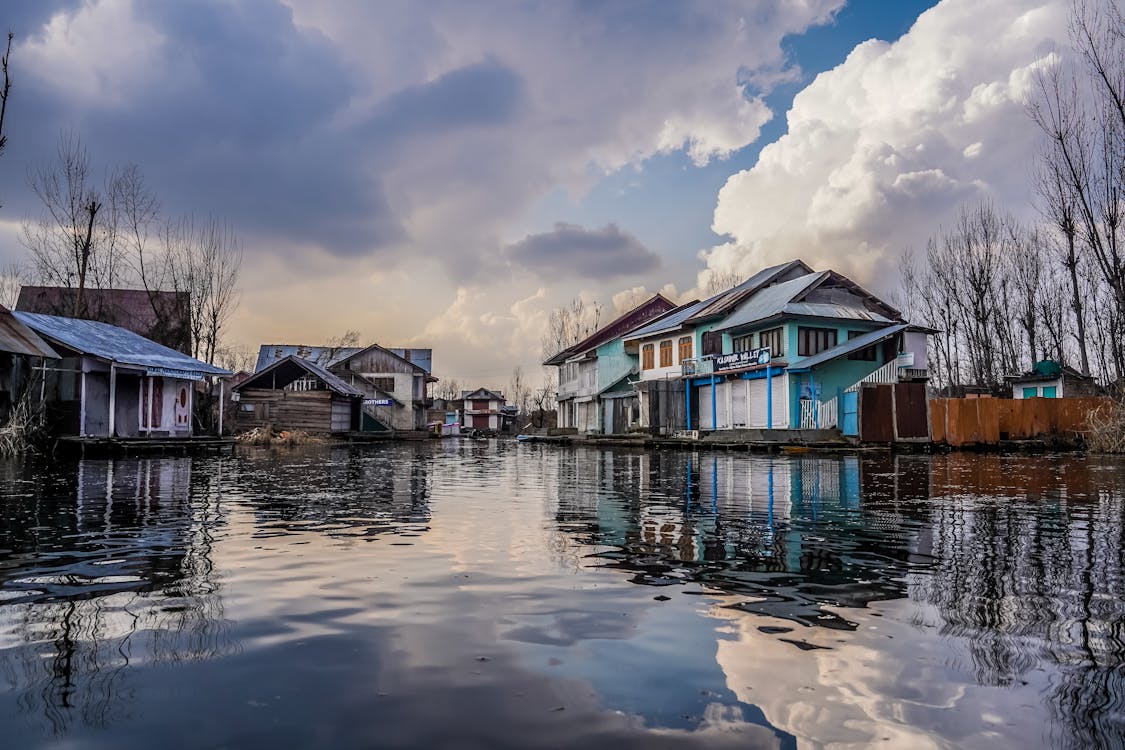
Russians flee 'very unusual' floods in boats
Apr 11, 2024
Moscow [Russia], April 11: Residents of the flood-stricken Russian city of Orenburg arrived at evacuation points by inflatable boat, carrying whatever they could grab from their homes in small bags.
One elderly woman in a life-jacket clutched a terrified-looking cat as she descended from a boat onto dry land.
"There was no water in the house yesterday. It came very quickly at night," Taisiya, 71, told Reuters. "By the time I got ready, I couldn't get out."
Historic floods have engulfed cities and towns across Russia and Kazakhstan this week after Europe's third-longest river burst its banks, forcing about 110,000 people to evacuate and swamping parts of Orenburg, a city with a population of 550,000 about 1,200 km (750 miles) east of Moscow.
Swiftly-melting snow has swelled several major rivers, including the Ural, which runs through Orenburg towards the Caspian Sea. Whole areas of the city were underwater on Wednesday and at least 7,700 residents were evacuated.
Drone footage shot on Wednesday showed vast swathes of residential areas underwater, with most houses half-hidden.
Sitting atop a hill overlooking the Ural River, the Orenburg city centre was dry. Pedestrians strolled through parks and stopped by a local monument to gaze at the swollen river below, snapping pictures.
"Something like this happened in my life only during the Soviet years, in 1980 and 1986," 70-year-old resident Vladimir told Reuters as he took in the view.
"The flooding this year, from the point of view of an old-timer, is very unusual. It has never happened before that the water reached up to 10 metres (32 ft)."
Farther on the outskirts of Orenburg, locals seemed angry at officials for not preparing better for the disaster.
Valentin Perednya piloted a motorboat along the streets of Zarya, a hamlet some 9 miles (15 km) southwest of Orenburg, where brown water lapped at the first-floor windows of houses.
He said rising waters due to spring snowmelt are predictable, but authorities didn't do enough to protect the area.
"We went fishing in neighbouring Bashkiria in March. There the reservoir was drained," Perednya, 39, said. "So they were preparing for it. Why our (authorities) didn't prepare, I don't know."
Down one of the streets, a ladder leaned against a house leading to the roof where two tents had been erected. Inside one of the tents was Valentin's wife, Evgenia, and the family dog and cat. She said the couple had fled their home at three in the morning after being told by local officials that the waters were rising rapidly.
"We threw what we had in the house, what we could, into the attic. We already had everything in bags," said Evgenia, 37, sitting beside a camping stove and piles of foodstuffs.
The couple sent their children to their grandmother's farther out of town, but stayed behind to guard their home from looters.
"We have no police, no security guards, no one here. We are guarding our homes and neighbouring plots by our own efforts," Perednya said. "They'll steal everything, then what? Where can we go?"
Source: Fijian Broadcasting Corporation


![Dr. Raghupati Singhania, CMD, JK Tyre & Industries and jury members presented Indian Car of the Year [ICOTY] 2025 award to Mahindra & Mahindra team](https://worldnewsn.s3.amazonaws.com/media/images/ANI-20250111122719.jpg)






